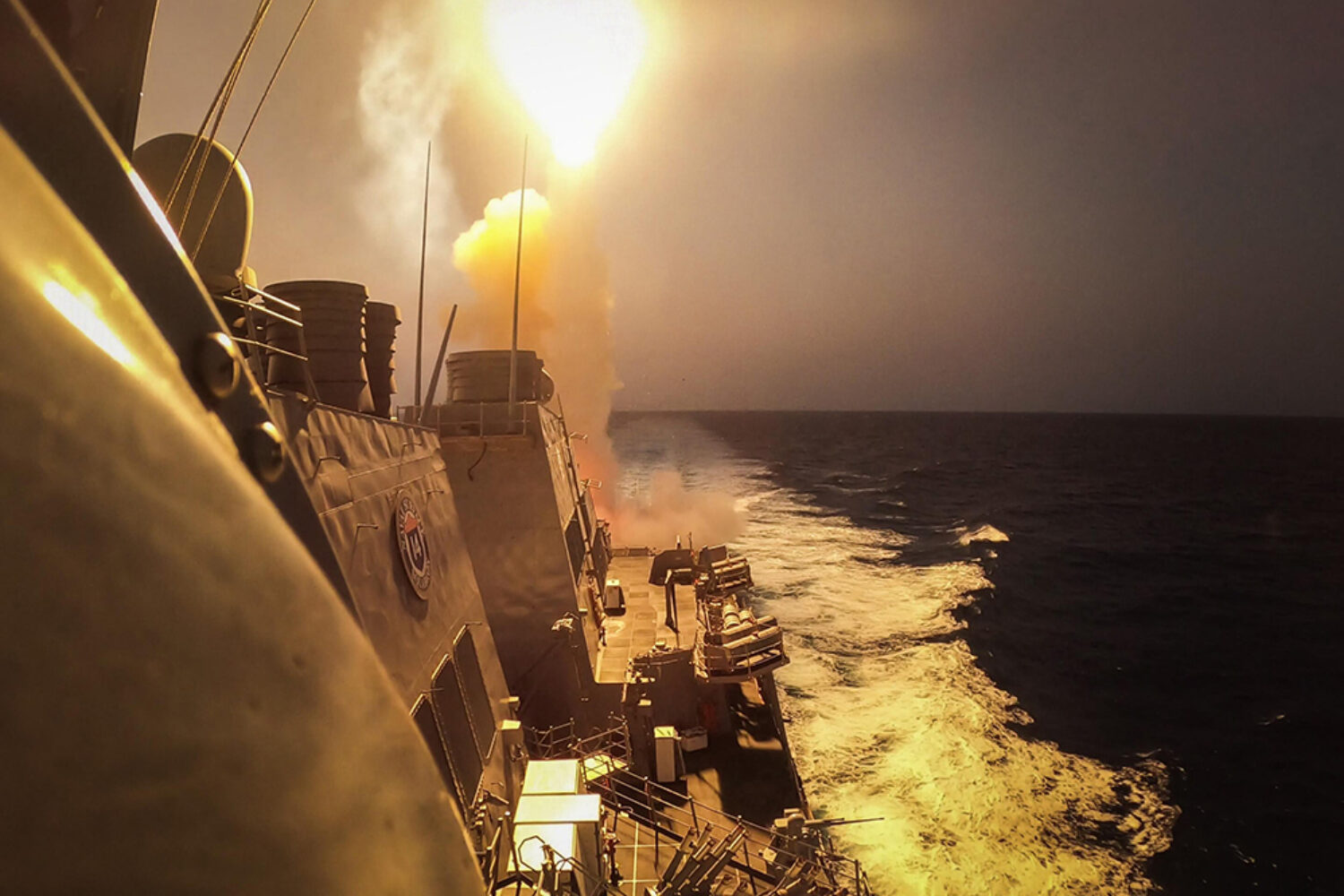The missile attacks by the Houthi militia from Yemen could seriously disrupt global supply chains, experts believe. Ship detour could cause sea freight rates to rise significantly.
Just this morning, the British authority United Kingdom Maritime Trade Operations reported new incidents and possible explosions off the coast of Yemen; last week, container ships from Hapag-Lloyd and Maersk were attacked in the region. The shipping companies have already reacted by adjusting their routes. Peter Sand, chief analyst at the sea freight data platform Xeneta, believes that the situation could have serious consequences for global supply chains. [ds_preview]
“All ships passing through the Suez Canal have to go through the Red Sea and the Gulf of Aden, and the Huthi militia has made it clear that every ship is a target,” Sand said. “I don’t think the Suez Canal will be closed, but if there is further significant escalation, we can’t rule it out, even if it’s only for a few days.”
In 2021, during the Ever-Given incident , the (shipping) world had already seen the serious consequences of closing the Suez Canal. A large container ship stuck in the canal for days threw global supply chains into chaos and it took months for order to be restored.
“The ocean freight industry has been deeply shaken by ‘Ever Given’ and is frankly terrified of any situation that threatens the closure of the Suez Canal,” says Sand.
More than 50 ships pass through the Suez Canal every day, transporting billions of dollars worth of goods to northern Europe, the Mediterranean and the east coast of North America.
The Houthi militia in Yemen, which claims to sympathize with Hamas and, according to the US government, is armed by Iran, has claimed that the missile and drone attacks on merchant ships are a reaction to the conflict in the Gaza Strip. With ongoing restrictions in the Panama Canal due to drought, the latest situation in Suez could not come at a worse time for the maritime shipping industry.
Rate increases of up to 100%
“We are already seeing shipping companies and ship owners deciding to divert their vessels from the Red Sea and Gulf of Aden region.” The main alternative is to sail around the Cape of Good Hope, which adds up to ten days to the sailing time for services from Asia to Northern Europe and the Eastern Mediterranean.
“The cost of transporting goods by sea could also increase dramatically. Depending on the extent and duration of the disruption to the Suez Canal, sea freight rates could rise by up to 100%,” says Sand.













